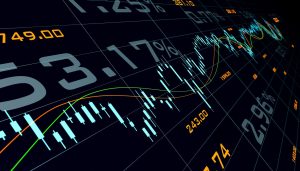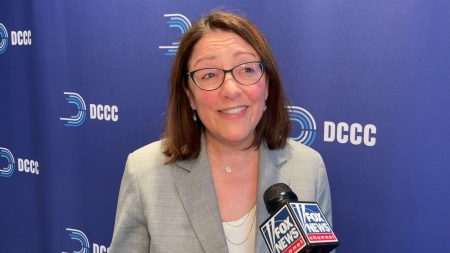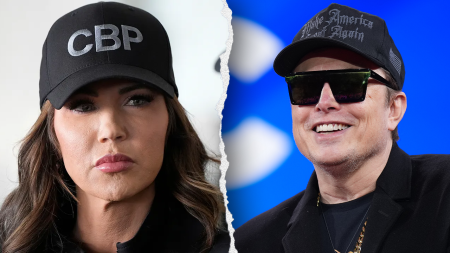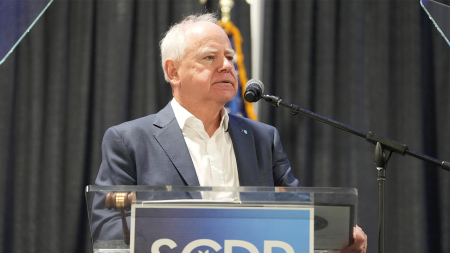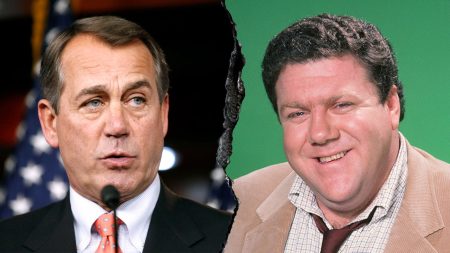Donald Trump’s upcoming trip to Europe, his first international foray since his recent election victory, is generating significant global attention, effectively repositioning him at the center of the world stage. His attendance at the reopening of Notre Dame Cathedral, at the invitation of French President Emmanuel Macron, underscores this renewed influence. While First Lady Jill Biden will also be present, it is Trump who is expected to command the attention of world leaders, further solidifying his pre-inaugural prominence. This visit is being interpreted as a symbolic return to global affairs, a narrative reinforced by the high-profile nature of the event and the implicit recognition from Macron.
Trump’s resurgence on the world stage is further underscored by the flurry of congratulatory calls he has received from international leaders following his election victory. These interactions, coupled with his upcoming trip to Paris, signify a shift in global focus towards the incoming administration. This shift is particularly evident in the recent visit by Canadian Prime Minister Justin Trudeau to Mar-a-Lago, following Trump’s threats of a trade war. Such proactive engagement from world leaders, even before Trump’s official return to office, highlights his perceived influence and the anticipation surrounding his foreign policy agenda.
The invitation from Macron, a leader facing domestic and European challenges, is viewed as a strategic move to bolster France’s relationship with the incoming US administration. By extending this invitation, Macron seeks to position himself as a key interlocutor with Trump, potentially restoring his own standing within Europe. This dynamic underscores the complex interplay of domestic and international politics, as leaders navigate the changing global landscape and seek to establish advantageous relationships with the new American president.
Trump’s pre-inaugural influence extends beyond ceremonial events and bilateral meetings. His recent pronouncements on international conflicts, particularly his warning to Hamas regarding hostages in Gaza, demonstrate his proactive engagement in global affairs. This assertive stance, coupled with his commentary on trade and international relations, indicates a desire to shape world events even before officially assuming office. This proactive approach contrasts with the waning international attention on President Biden’s final overseas trip, highlighting the rapid transition of global focus to the incoming administration.
Analysts point to the stark contrast between Biden’s current international engagements, largely focused on legacy-building, and the world’s increasing focus on Trump’s pronouncements and appointments. Biden’s recent trip to Angola, while historically significant, has been largely overshadowed by the anticipation surrounding Trump’s return to the presidency. This shift in attention is attributed to the perceived differences in their foreign policy approaches, leading world leaders to prioritize engagement with the incoming president. This early engagement underscores the significant policy shifts anticipated under Trump’s leadership and the desire among world leaders to understand and adapt to the changing geopolitical landscape.
The shift in global attention from the outgoing to the incoming president is not unprecedented, but its pronounced nature in this instance is attributed to the marked differences in Biden’s and Trump’s foreign policy styles. Trump’s assertive pronouncements and bold pronouncements, as contrasted with Biden’s more traditional approach, have further amplified this shift. This dynamic emphasizes the significance of presidential style in shaping international perceptions and the eagerness of world leaders to engage with the incoming administration, even before its formal inauguration.


